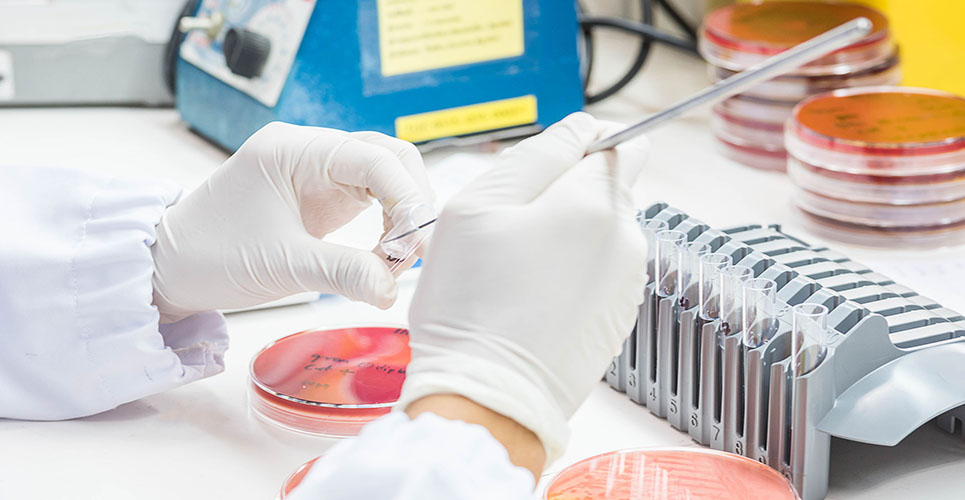teaser
The UK’s Chief Medical Officer has warned that there is a ‘catastrophic threat’ of resistance to antibiotics. In a special report on the threat of drug-resistant infection, she called for the growing resistance of bacteria to antibiotics to be recognised alongside terrorism as a leading risk.
Symphony Environmental Technologies has recognised the need for greater protection against deadly bacteria, which is now becoming urgent if we can no longer rely on antibiotics to protect us. The company has therefore developed a range of anti-bacterial and anti-fungal formulations called ‘d2p’ which can be put into plastic products during manufacturing and will help prevent the spread of infection.
“If we can no longer rely on antibiotics we have to deal with the bacteria before they get into our bodies”, says Michael Laurier, Symphony’s CEO. “d2p is urgently needed in food packaging, table-tops, kitchen utensils, WC seats, telephones and in other plastic products likely to transfer microbes, such as credit cards. In addition the world could be wasting millions in added health costs by not switching quickly to anti-microbial and anti-fungal plastic.
“Research by Guelph Laboratories in 2008 showed that re-usable grocery bags can become an active microbial habitat and a breeding-ground for bacteria, yeast, mould, and coliforms. Similar research has been carried out with similar conclusions at the University of Arizona, who found that consumers almost never wash re-usable bags. They should be made with d2p.”
d2p anti-bacterial
d2p (AB) is an anti-bacterial formulation successfully tested against over 50 common organisms including dangerous bacteria such as MRSA, E.Coli, Salmonella, Listeria, Pseudomonas and Aspergillus Niger.
For further information see: http://degradable.net/files/uploaded/environmental/
d2p%20ab.pdf
d2p anti-fungal
d2p (AF) inhibits the growth of fungi, bacteria, mildew and algae that can cause discolouration, staining and odours, and which are a danger to human health. It can also increase the shelf-life of bread and other foods, and reduce the need for preservatives, whilst maintaining the aesthetic and functional properties of plastic products.
d2p (AF) is tested by international testing methods such as ISO 16869:2008, ISO 22196:2011,
prENWD_algae, ASTM G21, and ISO 846.
For further information see: http://degradable.net/files/uploaded/environmental/
d2p%20af.pdf

